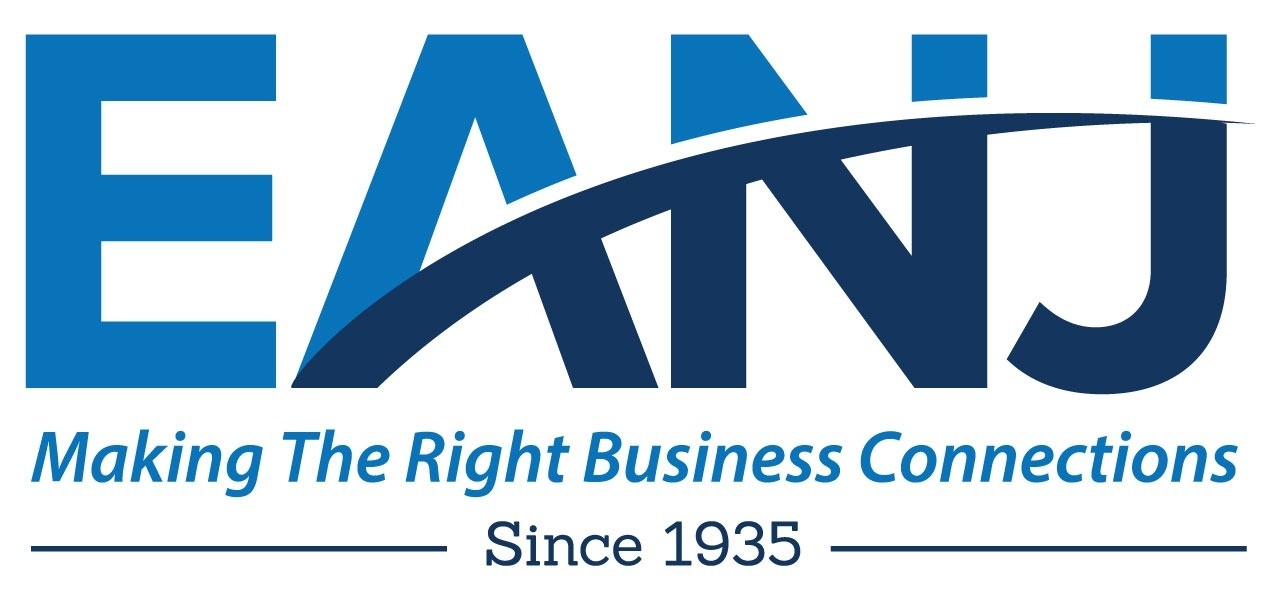Tax Rules about Unreimbursed Business Expenses from Joseph Acquavella, ACS Accounting
UNREIMBURSED BUSINESS EXPENSES.
Old Law allowed W-2 employees the ability to deduct unreimbursed job-related expenses paid with personal funds as miscellaneous itemized deductions on their personal income tax returns. Some examples of unreimbursed related business expenses would be meals, travel, auto, office in the home and many others.
New Law eliminates most miscellaneous itemized deductions (including unreimbursed employee business expenses), eliminating the opportunity for employees (including S corporation owners who also serve as employees of those companies) to deduct business expenses on their individual.
The good news for S corporation owner-employees is that, by implementing an “Accountable Plan” a (a reimbursement program which meets certain IRS regulations), S Corporation owner-employees can continue to deduct business expenses that they pay for personally by “passing” them along to the business. Essentially, an Accountable Plan is an IRS-approved reimbursement program that allows a business to reimburse employees for business expenses they incur as part of their work.
The business is then able to deduct those reimbursed amounts as if the business had incurred the initial expense, itself.
If an Accountable Plan is not adopted, all reimbursements even through for a business expenses would be considered compensation to the owner/employee.
However, it’s important to note that the deductibility of an expense incurred by an employee isn’t changed when submitted for reimbursement to an employer. Thus, any limitations or restrictions inherently associated with a deductible expense remain in place (e.g., the 50% deductibility of meal expenses) and the documentation required.
There are three simple guidelines an Accountable Plan must follow to be considered valid: 1) all expenses to be reimbursed through the plan must have a business connection, 2) expenses must be “timely substantiated,” and 3) any excess advances provided to the employee must be “timely ACCOUNTABLE PLAN EXPENSES MUST HAVE A BUSINESS CONNECTION
Under Treasury Regulation Section 1.62-2(d), in order for expenses to be reimbursed under an Accountable Plan arrangement, they must have a business connection. In other words, the expenses must be incurred by the employee in the course of performing services for the employer.
Said differently, an accountable plan can’t turn a non-deductible business expense into a deductible business expense simply because an employer decides to reimburse an employee for an expenditure. Rather, the expense must still be a business expense.
NOT REQUIRED BUT BEST PRACTICE: FORMALIZE THE ADOPTION OF A WRITTEN ACCOUNTABLE PLAN
Interestingly, there is no requirement in Treasury Regulation Section 1.62-2, the Internal Revenue Code, or elsewhere, that a company maintain (or create) an Accountable Plan in writing. However, as a matter of good practice, and to provide the best defense to a potential IRS inquiry, businesses should take appropriate steps to formalize the adoption of an Accountable Plan, including establishing a written “plan”.
Any questions regarding “Accountable Plans” please contact,
Joseph P. Acquavella CPA Tax Partner—732-855-9600 x 17
Nicole Stewart CPA Tax Manager———-732-855-9600 x 35
Tatsiana Chubatyy Tax Senior————–732-855-9600 x 40




